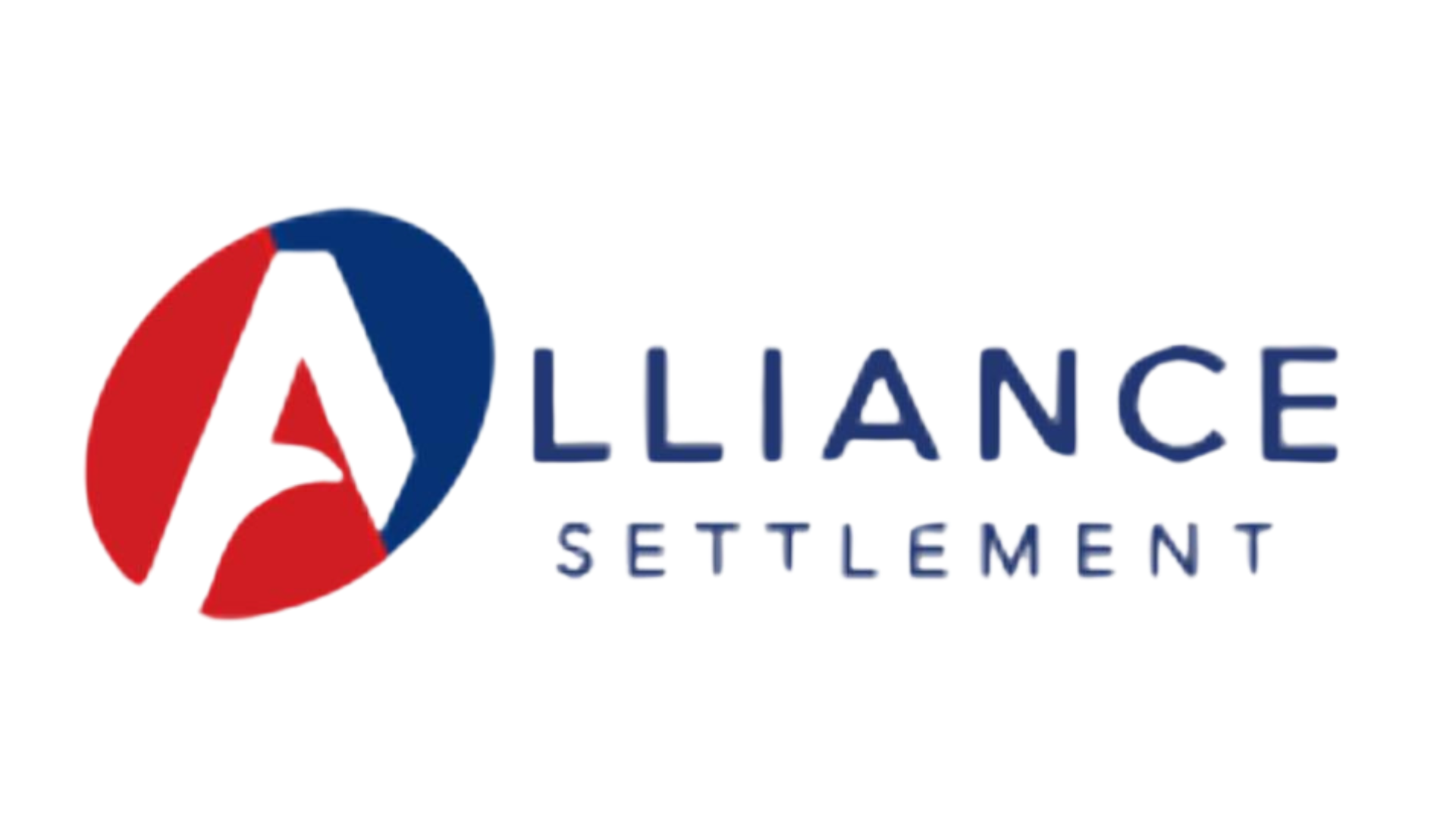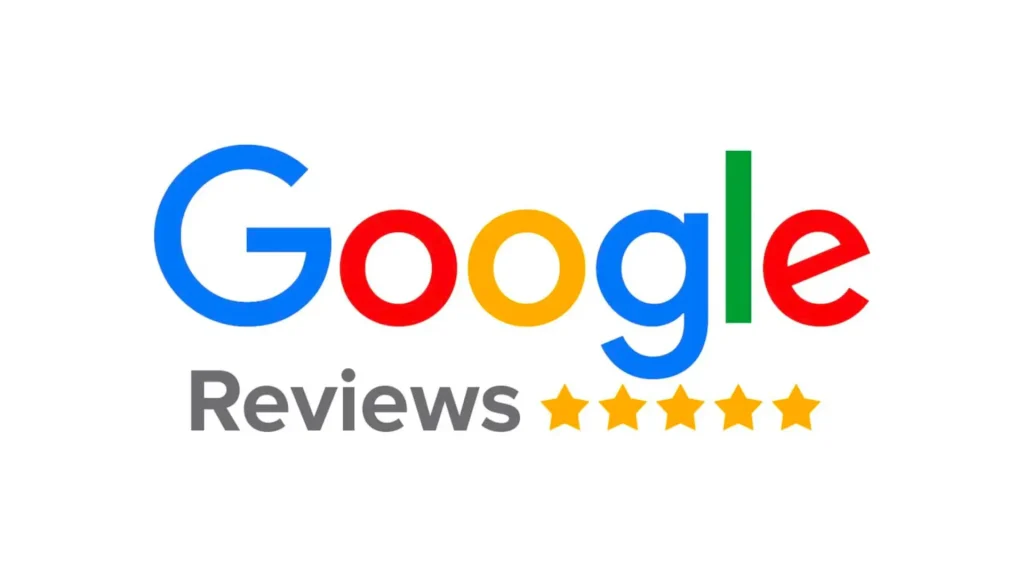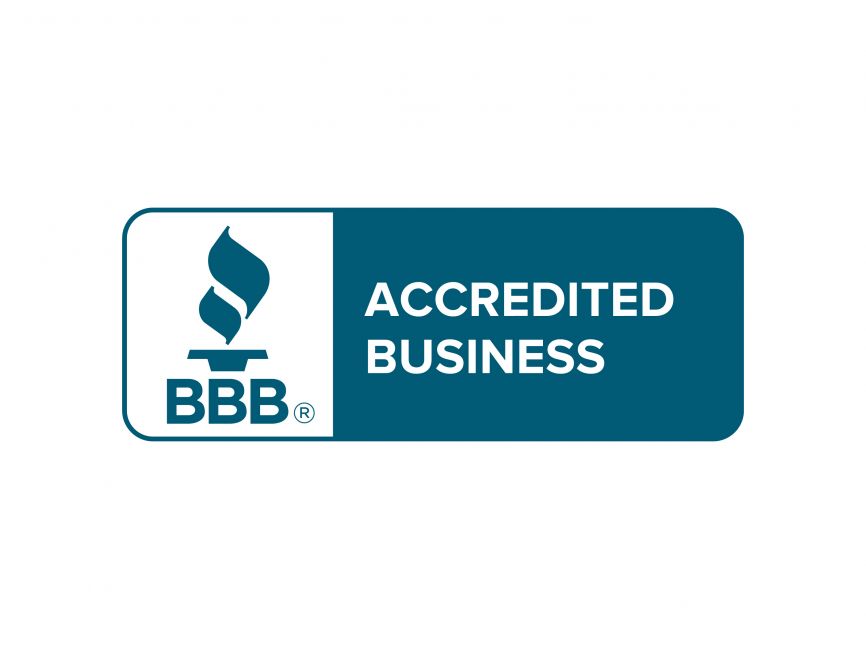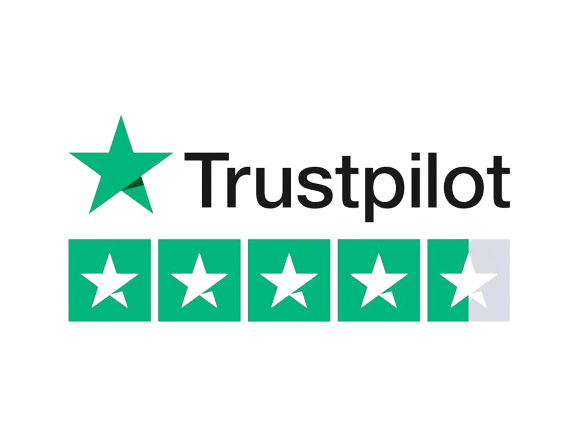When debt becomes unmanageable, it’s important to understand your options. Two of the most common strategies are bankruptcy and debt settlement. Each has its own advantages and challenges, and choosing the right path can have a lasting impact on your financial health.
Understanding Bankruptcy
Bankruptcy is a legal process where a court helps you eliminate or repay your debts. There are two primary types:
- Chapter 7: Discharges most unsecured debt but may require selling certain assets.
- Chapter 13: Creates a repayment plan over 3–5 years to pay part or all of your debt.
Pros of Bankruptcy:
- Immediate relief from collections and lawsuits
- Can eliminate most unsecured debt
- Fresh financial start
Cons of Bankruptcy:
- Severe credit score impact for up to 10 years
- Loss of some assets
- Public record
Understanding Debt Settlement
Debt settlement is a strategy where you or a professional negotiator work with creditors to settle your debts for less than the full amount owed. It focuses on reducing your actual balance, not just your interest rates.
Pros of Debt Settlement:
- Significant reduction in total debt
- No bankruptcy on public record
- Faster recovery for credit
Cons of Debt Settlement:
- Requires missed payments to begin negotiations
- May affect credit during the process
- Not guaranteed for every account
Which Option Is Right for You?
Consider bankruptcy if: You have no way to repay your debts, limited assets, and need total relief.
Consider debt settlement if: You can set aside funds for negotiation and want to avoid the long-term impact of bankruptcy.
Consult a Professional
Every situation is different. Speaking with a financial advisor or debt professional can help you evaluate your options and make the best decision for your future.
Your Financial Freedom Starts with the Right Choice
Whether it’s debt settlement or bankruptcy, what matters most is taking action. Alliance Settlement is here to guide you through your debt relief journey with honesty, expertise, and care.










